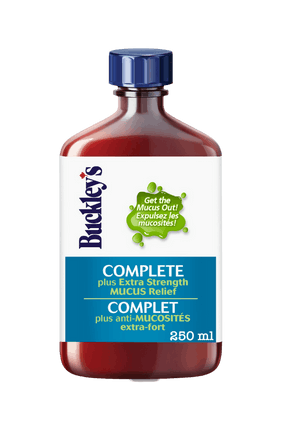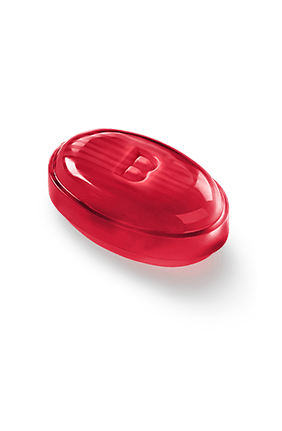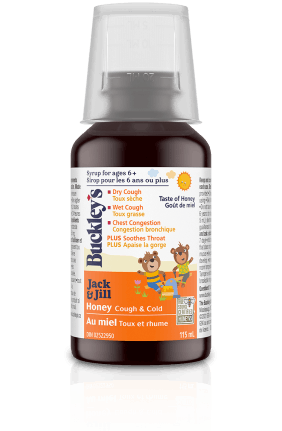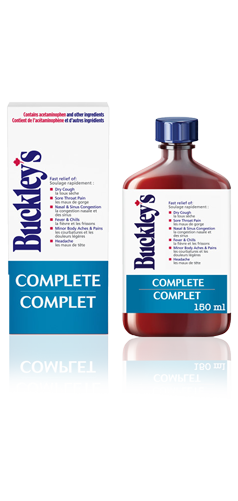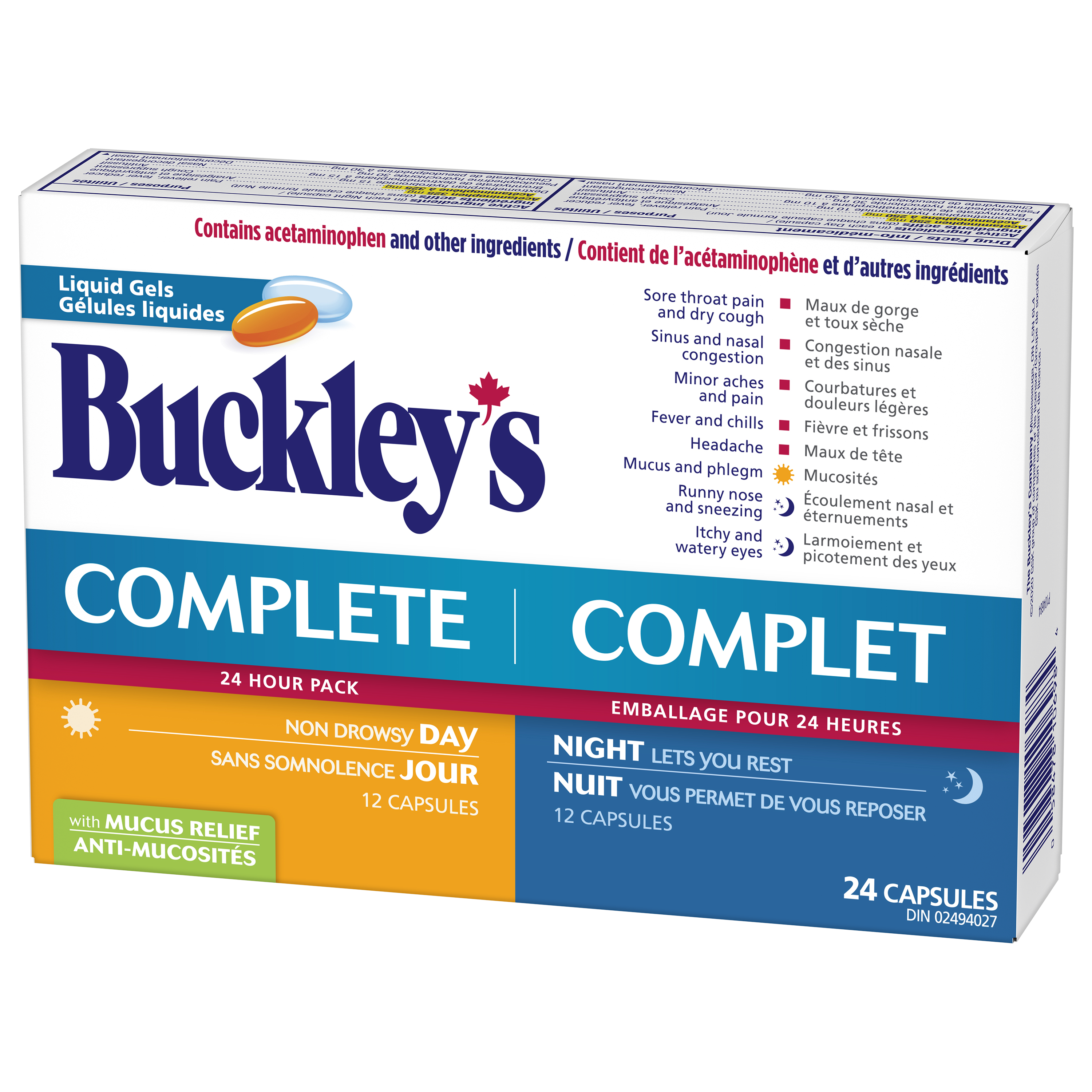Cold and Flu Symptoms
You’re sick. You’re tired. You’re sick and tired of being sick and tired. A classic tale. But do you have a cold or the flu? How will you know which cold and flu remedies are right for you?
We’re here to help you tell the difference between cold and flu symptoms.

